January 6, 2017
Work-life balance trumps pay in workplace new year’s resolutions 0
 New research from Office Genie claims that when it comes to career-focussed resolutions, financial desires lose out to a more holistic approach to wellbeing: A better work-life balance is the top new year’s resolution for UK employees (17 percent), closely followed by the wish to learn new skills in the workplace (14 percent). Pay rises (13 percent) are important however, coming in third. Having healthier lunches (9 percent), being more organised (7 percent), and getting a promotion (6 percent) also proved popular. It would appear employees are less concerned with getting more done: productivity (5 percent), working harder (3 percent), and making more friends in the workplace (1 percent) are the three least popular resolutions.
New research from Office Genie claims that when it comes to career-focussed resolutions, financial desires lose out to a more holistic approach to wellbeing: A better work-life balance is the top new year’s resolution for UK employees (17 percent), closely followed by the wish to learn new skills in the workplace (14 percent). Pay rises (13 percent) are important however, coming in third. Having healthier lunches (9 percent), being more organised (7 percent), and getting a promotion (6 percent) also proved popular. It would appear employees are less concerned with getting more done: productivity (5 percent), working harder (3 percent), and making more friends in the workplace (1 percent) are the three least popular resolutions.





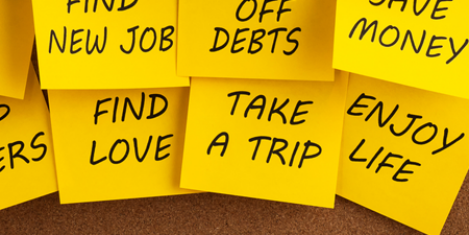


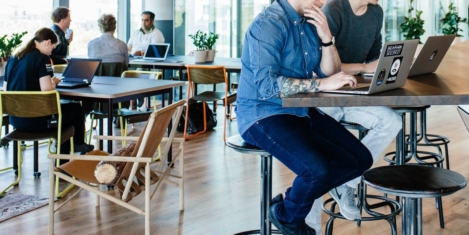
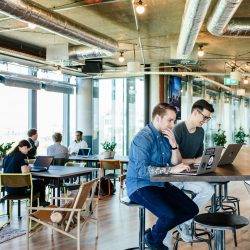


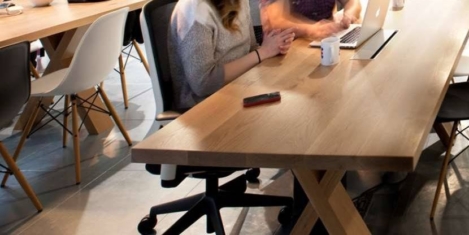








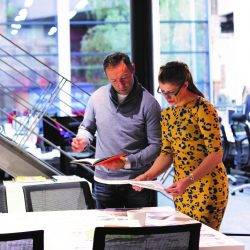
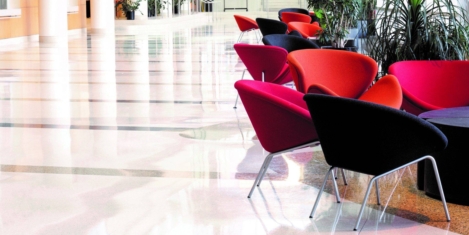
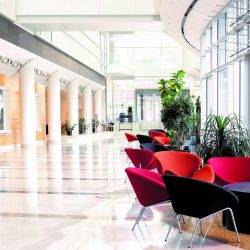









November 28, 2016
Britain is missing a trick by not getting workplace training right 0
by Steve Hill • Comment, Workplace
(more…)